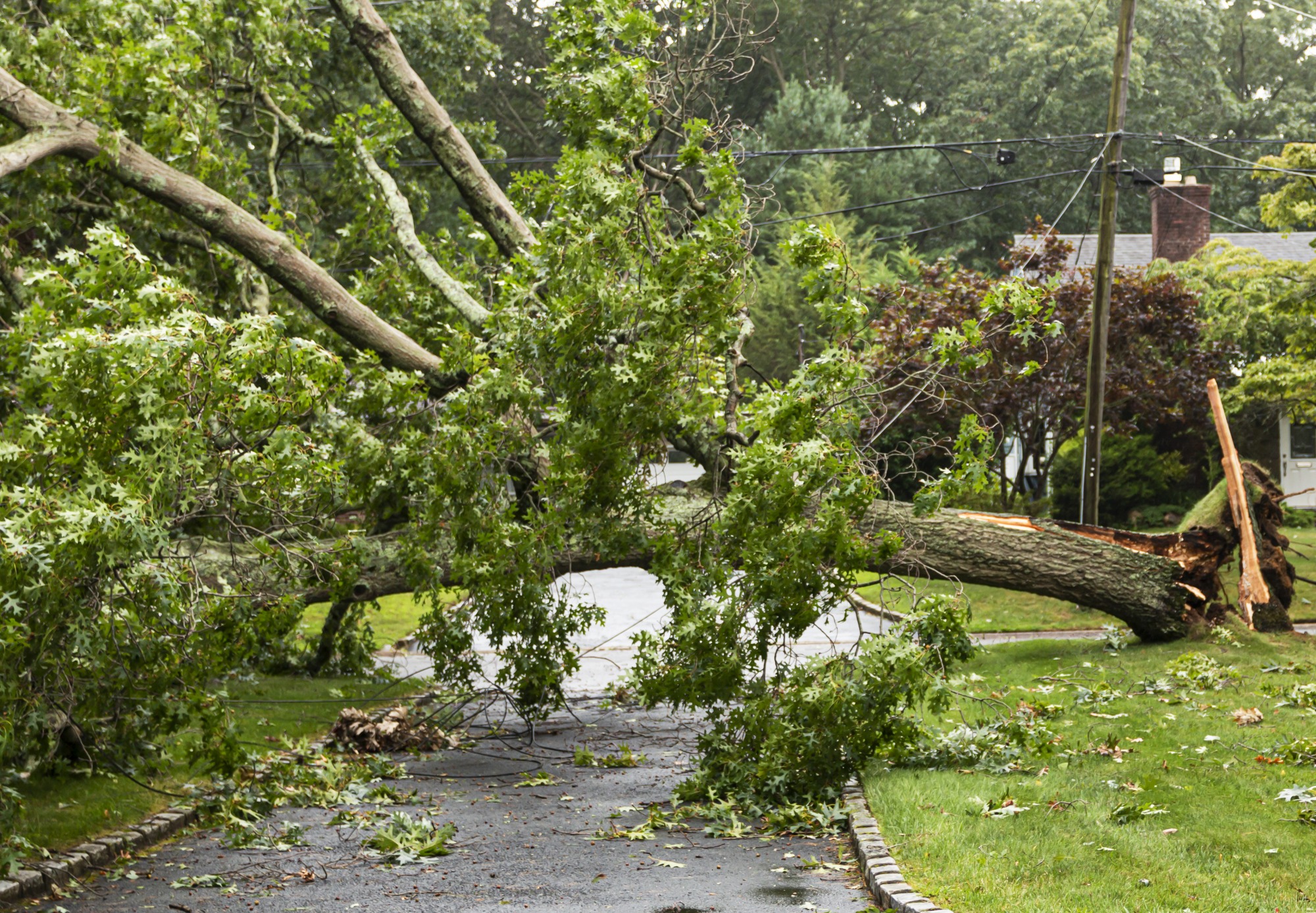Jones County Public Health Reminds Residents to Play It Safe When Cleaning up After a Storm

Many parts of Iowa were affected by a severe storm that swept through the state Monday, causing power outages for hundreds of thousands of people. As utility crews work around the clock to restore power, and Iowans continue cleaning away storm debris, Jones County Public Health reminds everyone to take safety precautions to avoid injury and protect their health.
“We want residents to pay special attention to generator safety and proper use of equipment such as chainsaws used to clean up debris, as well as food safety as outages continue,” said Kaci Ginn, Public Health Preparedness Specialist. “Storm clean up and recovery is a challenging time, but some simple steps can keep everyone healthy as we respond to severe weather.”
Many Iowans may use portable generators to help power refrigerators, lights and sump pumps when the power goes out. There are some important safety precautions to consider when using these devices. Generators should be placed at least 20 feet from your home and should never be used indoors, including in homes, garages, basements, crawl spaces and other enclosed or partially enclosed areas, even with ventilation. This is because generators can produce high levels of colorless, odorless carbon monoxide (CO) very quickly. Opening doors and windows or using fans will not prevent CO build-up in the home. Even if you can’t smell exhaust fumes, you may still be exposed to CO. If you start to feel sick, dizzy or weak while using a generator, get to fresh air right away and call 911.
Food safety is another important factor to consider when refrigeration isn’t available due to power outages. Refrigerated and frozen food may not be safe to eat if the power has gone out for extended periods. The best way to keep food safe is to keep the refrigerator and freezer doors closed. If the doors stay closed, food will stay safe for:
- up to four hours in a refrigerator
- up to 48 hours in a full freezer, or
- up to 24 hours in a half-full freezer.
- If the power has been out for 4 hours, and a cooler and ice are available, put refrigerated perishable foods in the cooler. To keep them at 40°F or below, add ice or a cold source like frozen gel packs.
Throw away perishable food in your refrigerator (meat, fish, cut fruits and vegetables, eggs, milk, and leftovers) after 4 hours without power or a cold source like dry ice. Dispose of any food with an unusual odor, color, or texture. If you have an appliance thermometer in your freezer, check to see if it is still at 40 °F or below. You can safely refreeze or cook thawed frozen food that still contains ice crystals or is at 40 °F or below.
Another common concern associated with storm cleanup is chain saw injuries. Before using a saw, operators should ensure they are following all manufacturer recommendations for the safe operation, maintenance, and adjustment of the saw.
- Operators should wear appropriate personal protective gear including hard hat, safety glasses, hearing protection, heavy work gloves, cut-resistant legwear (chain saw chaps) that extend from the waist to the top of the foot, and boots which cover the ankle.
- Avoid working around downed power lines; even if you know them to be de-energized, as they could become energized at any time.
- If a serious injury occurs resulting in a loss of blood, apply direct pressure to the wound(s) and call 911 immediately.


